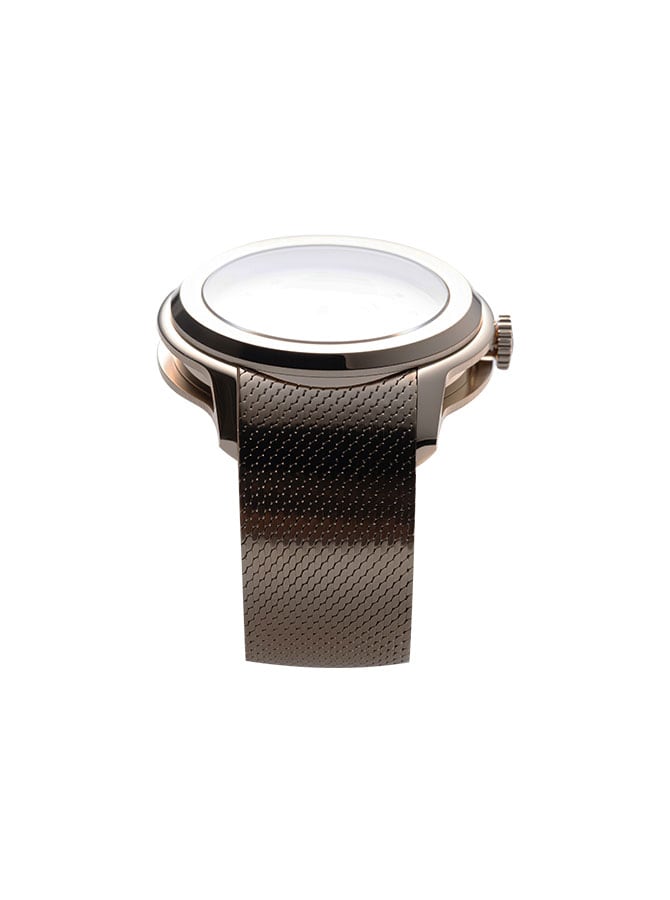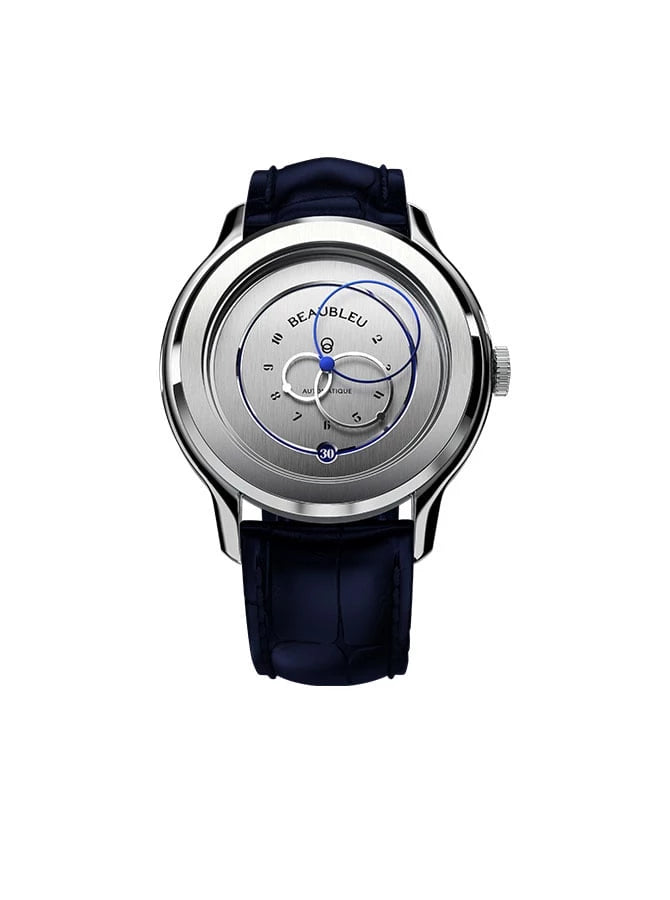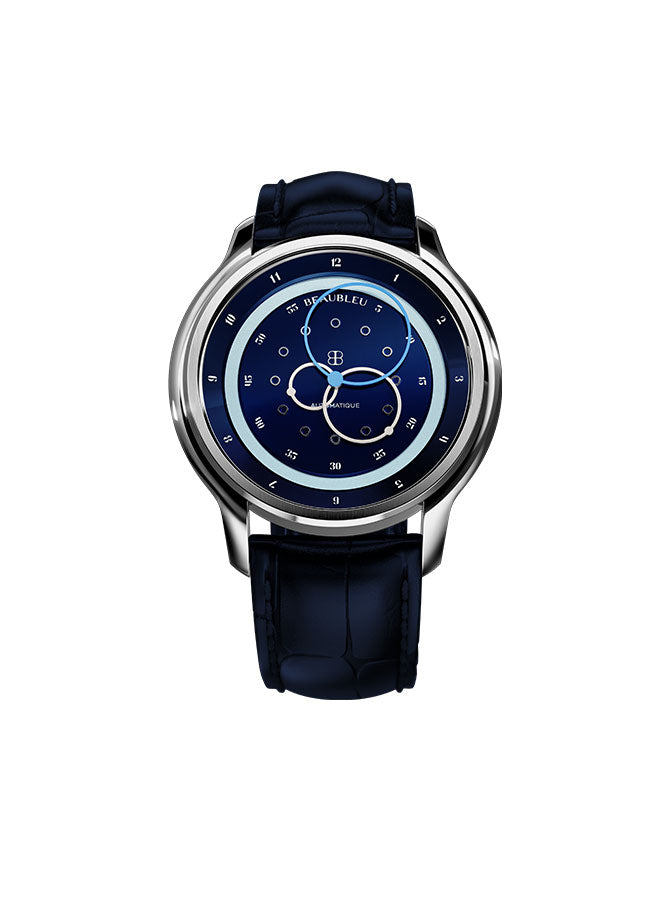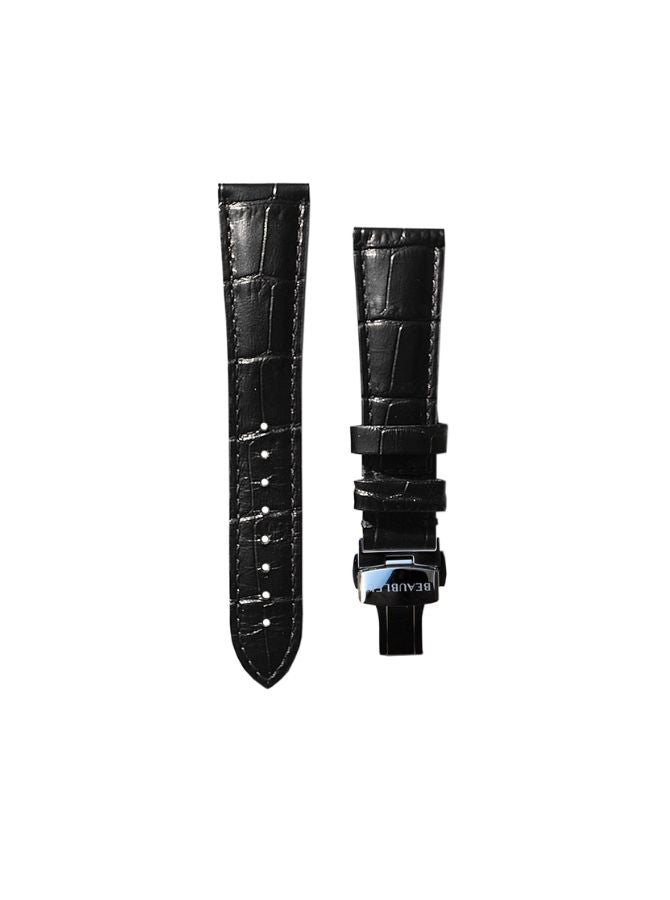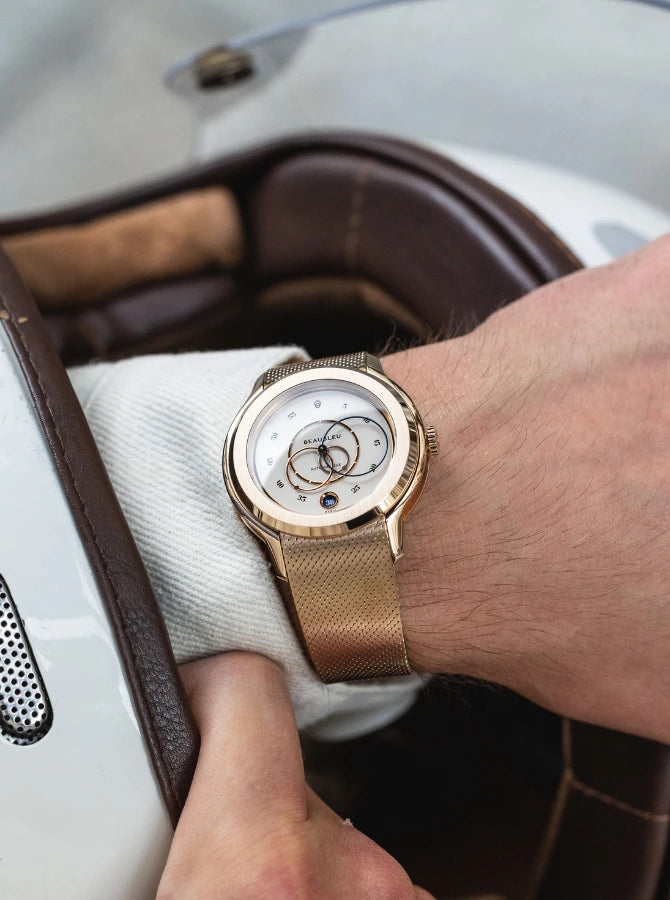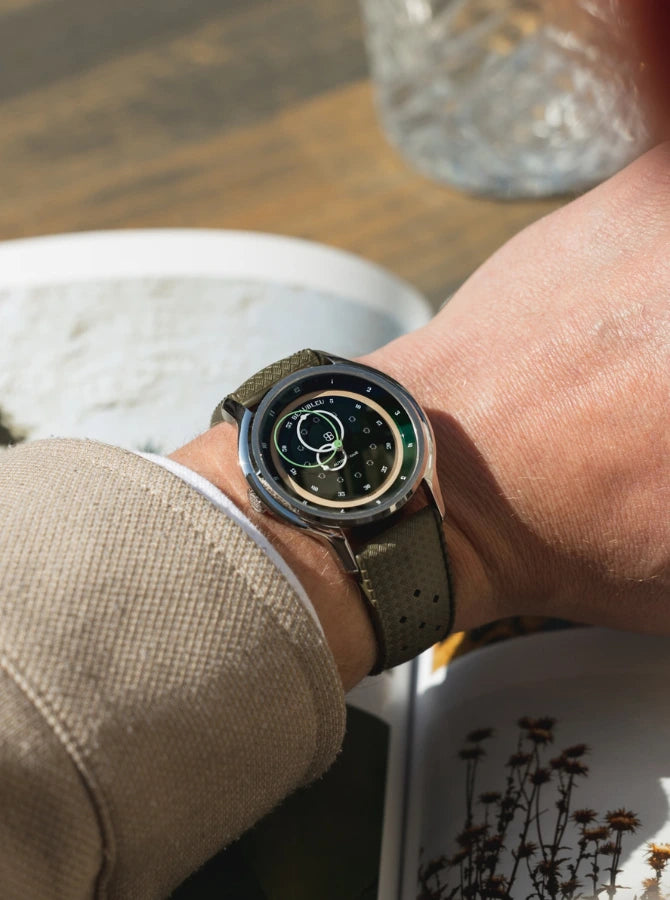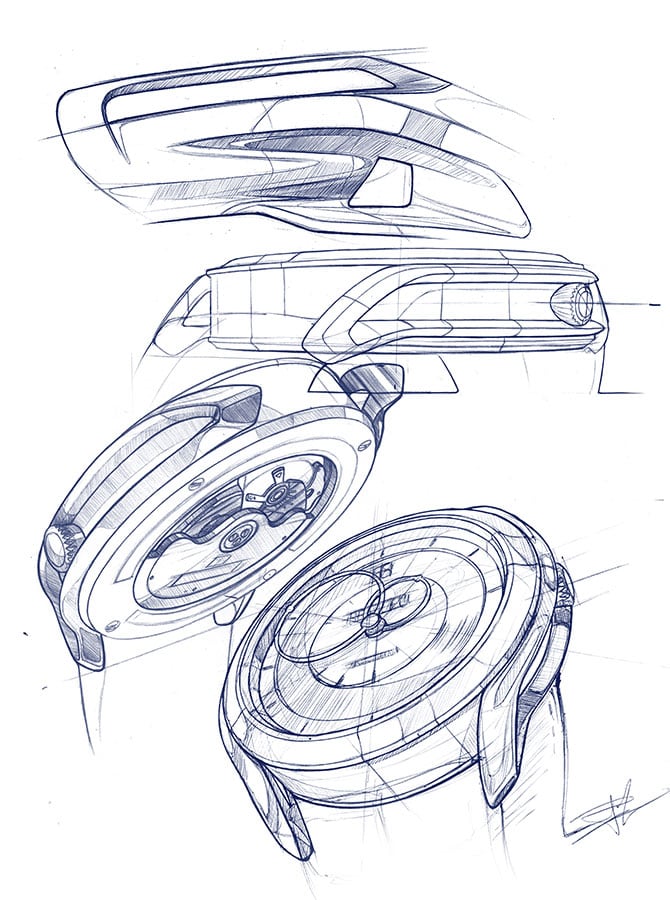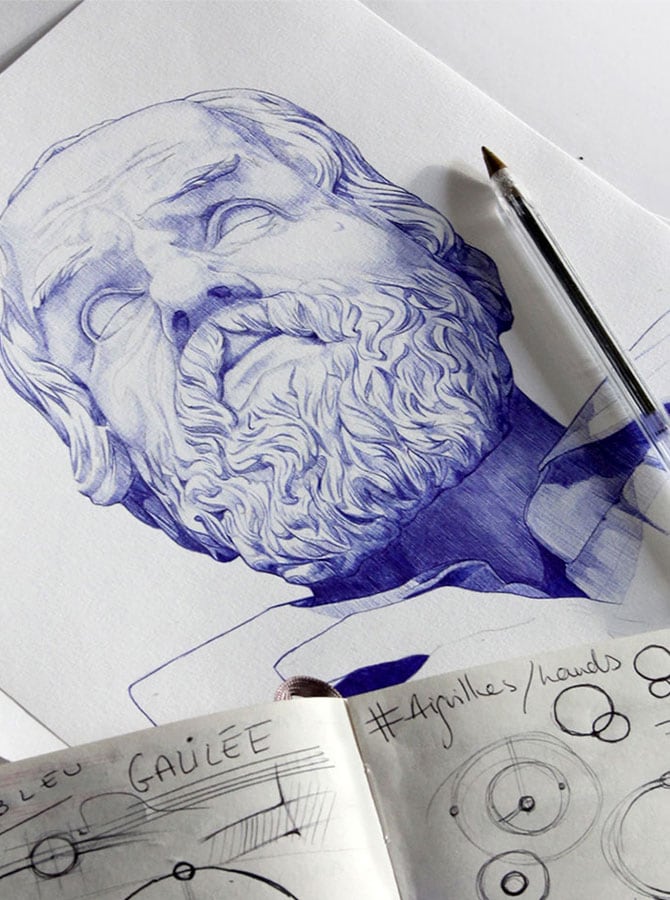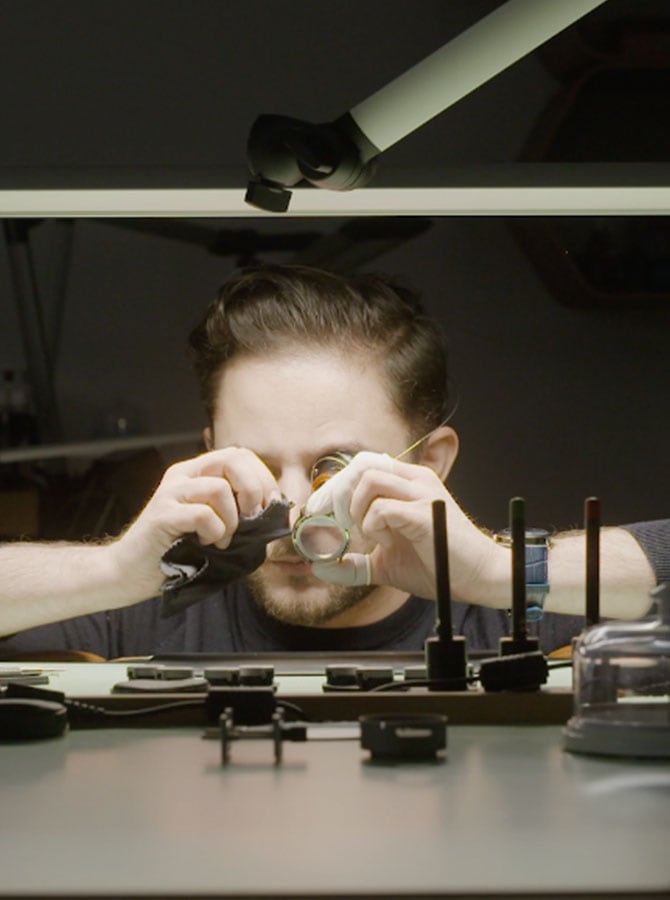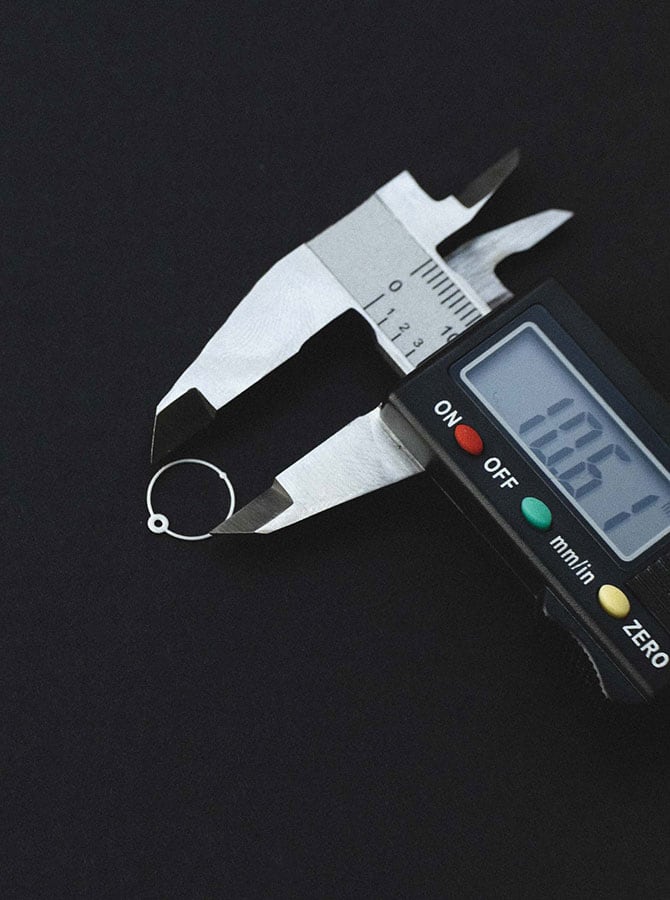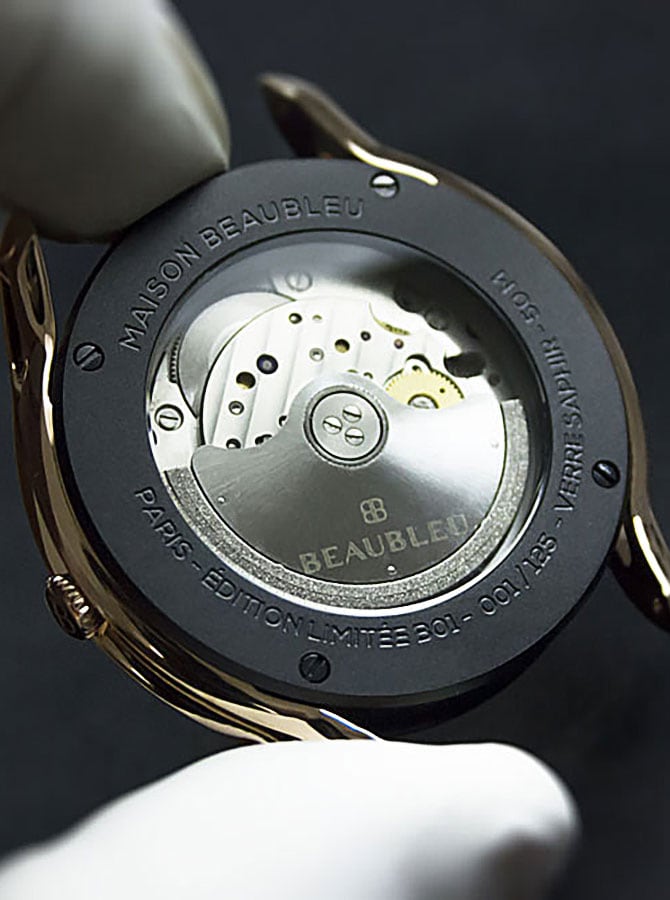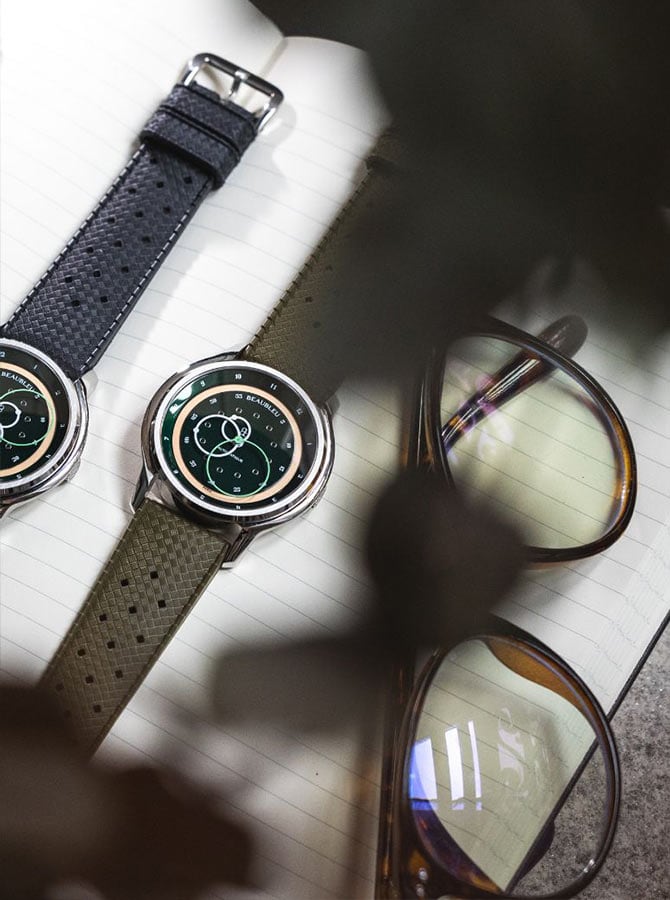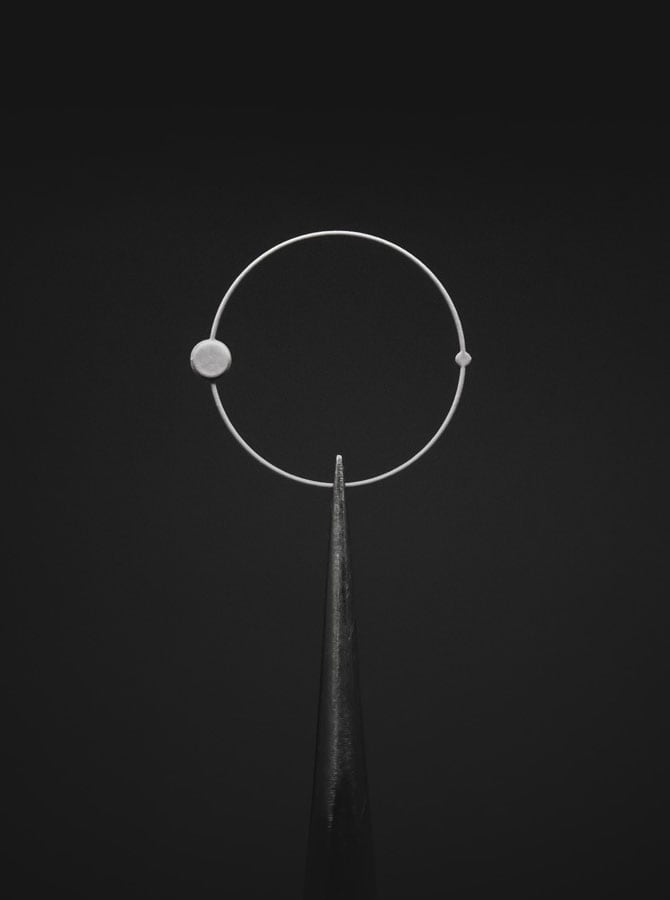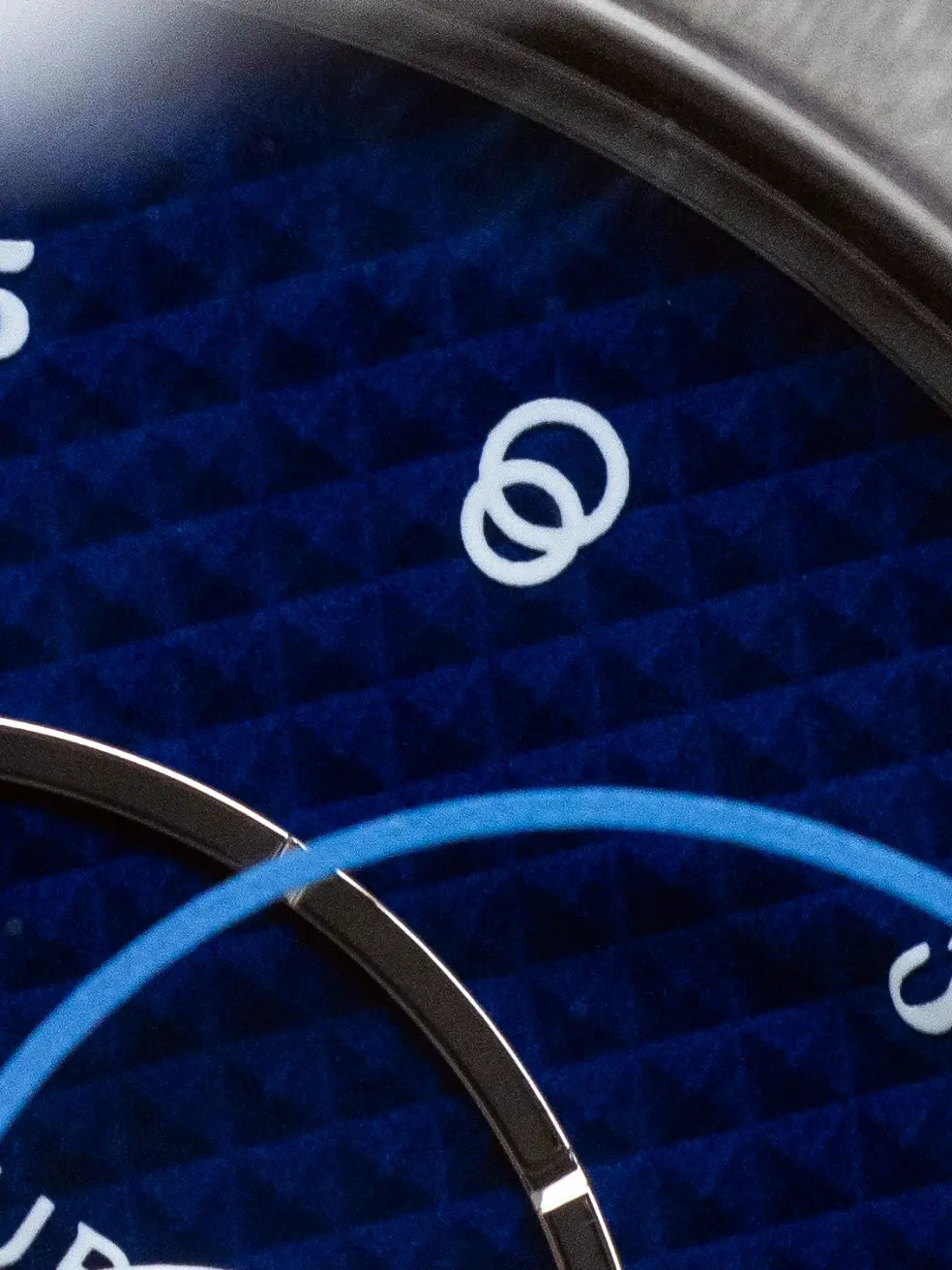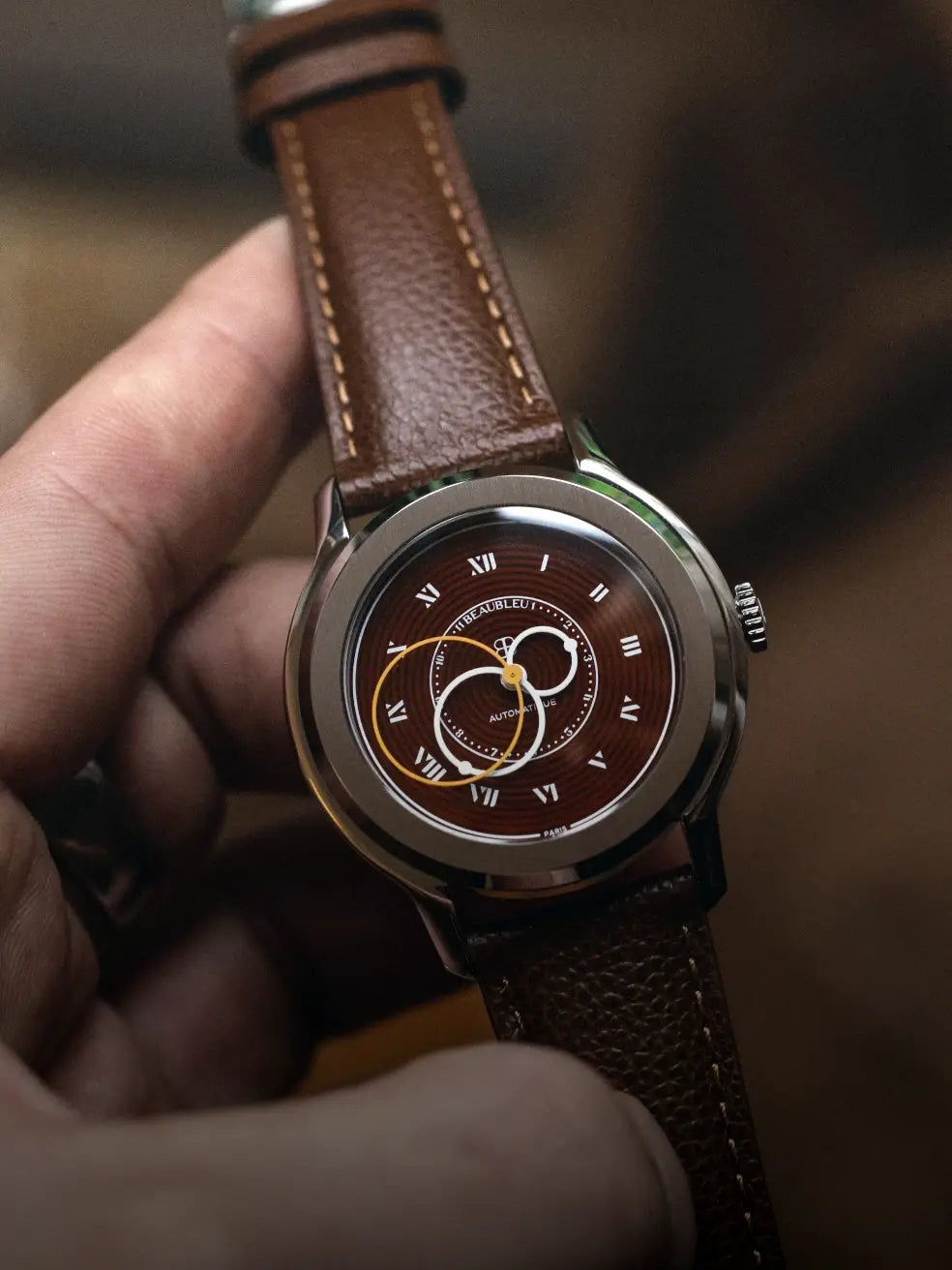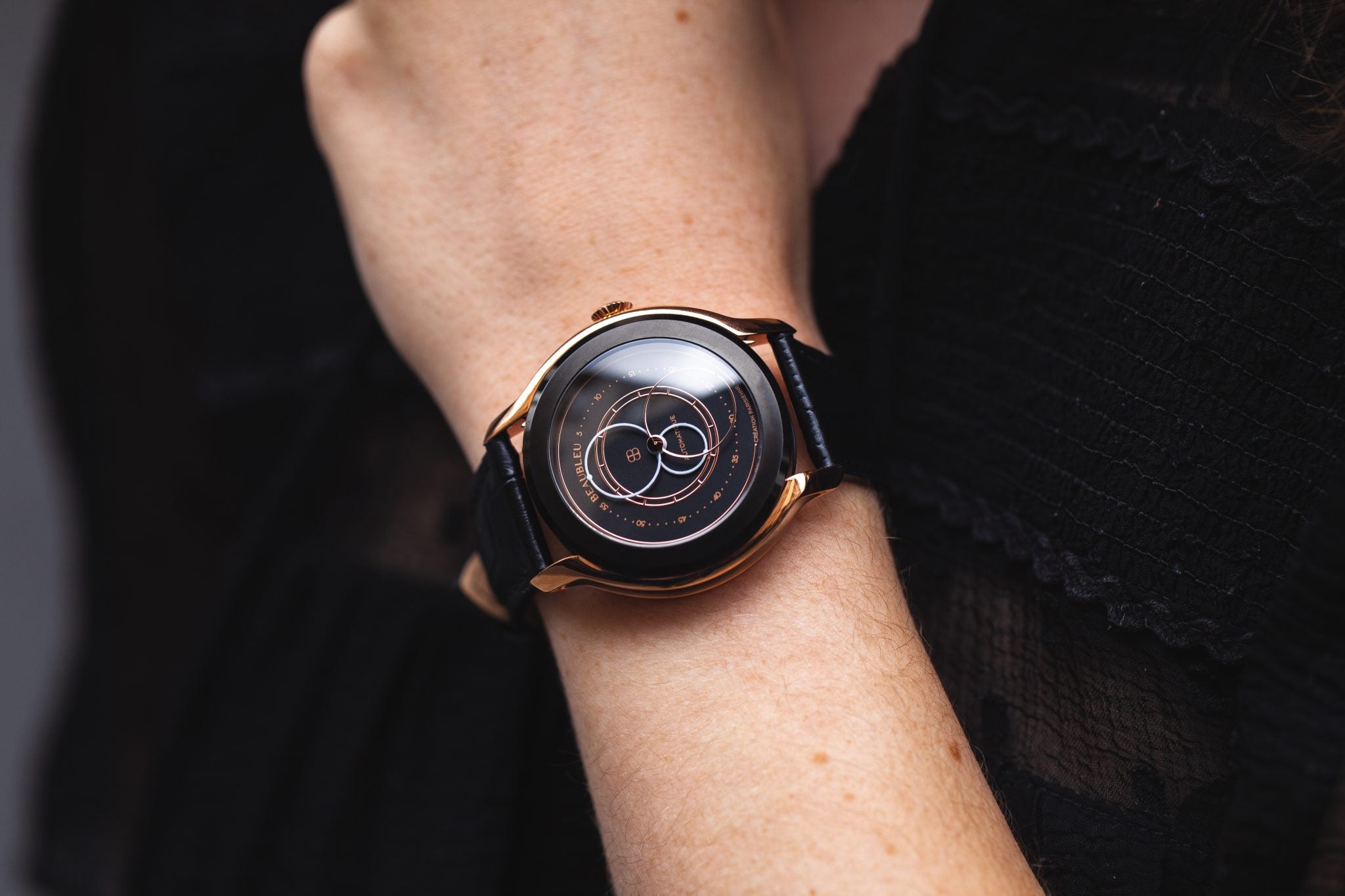
Where does the expression “Wristwatch” come from?
The wristwatch. We have all worn one at least once in our lives. Some even wear it all the time or almost. However, this very familiar object is a recent invention, a small technological miracle which revolutionized, in its time, people's daily lives. The wristwatch was, in a way, the smartphone of the 20th century.
Time: a concept in revolution
For thousands of years, time was only measured approximately. We could find our way as best we could in the sun and we talked about the duration by referring to an action (for example: “finishing this task will take me the time to go from the village to the well”). Watchmaking only appeared in the 14th century, developed by Catholic monks wanting to strictly regulate their daily routine.
But what changed our relationship with time was the Industrial Revolution. In the 19th century, urban populations had to live at the same rhythm: that of cadences, rotations and train schedules. Suddenly, we are “on time”, “early” or “late”. So, clocks are no longer enough: we must carry time with us.
From prototype to mass distribution
In the 19th century, it was the triumph of the pocket watch, attached to a chain and slipped into the pocket. However, the idea of wearing the time on the wrist goes back a long way. In 1571, Elizabeth I of England received a gift of an “arm watch”: a small clock mounted on a bracelet. But it was not until 1904 that the Swiss Hans Wilsdorf and the Frenchman Louis Cartier created the modern wristwatch. So intended for women, it quickly established itself as a universal fashion accessory.
Wristwatch: etymology of an everyday object
The word "watch" appeared in the 16th century. Its origin is obvious: a clock only “shows” the time. Over time, the term came to refer specifically to wearable accessories. The etymology of the word "bracelet" is less clear: it comes from the Old French "brac" or "bracel" ("arm"), from the Low Latin "brachialis" or from the Spanish "brazalete".
